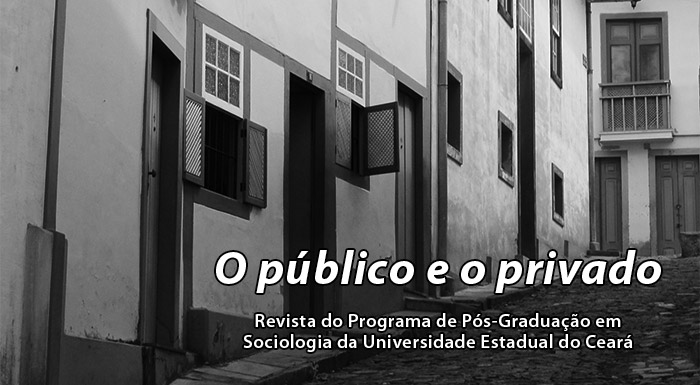Security modes: punitivism and drugs in Brazil
punitivismo e drogas no Brasil
DOI:
https://doi.org/10.52521/19.7410Abstract
This article intends to discuss the mode of security in Brazil today, evaluating, in particular, how to build the narratives in the legal speeches and the Public Ministry related to the Law on Drugs, in cases of disqualification of the offense of drug trafficking for possession. The main discussion that guided the work was the conflict between art. 33 (treaty) and art. 28 (use) of Law 11.343 / 06, Law of Drugs, and the text of the law does not establish objective criteria for application, deferring the decision to the court of law after an accusation by the Public Prosecutor's Office. The empirical reference is the state of Rio Grande do Sul, in the period 2006 and 2016. The hypothesis suggests that the process of construction of the legal report at the time of deciding on the denunciation of the crime of trafficking for the possession of narcotic drugs for personal use is governed by a punitive culture that understands that the private penalties of freedom are able to comply. the prevention and resocialization functions promised by Law Penal, as they are perceived as effective measures for the solution of social problems such as crime and violence.











